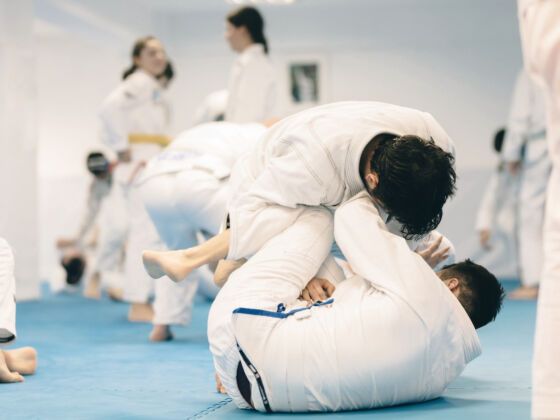I’ve trained in martial arts for a little over a decade. Some styles, like Wing Chun, I’ve had limited experience with. Others, like boxing, Kali, Jiu-Jitsu, and Krav Maga, I’ve had the pleasure of getting to know intimately by way of jabs, arm bars, ground submissions, and spectacular blows to the head. Some of the dojos and gyms I’ve joined trained competitively for MMA. Others focused on emphasizing the traditions and techniques unique to their particular art. But always, always, always, I’ve been taught to keep my head up and on a swivel.
